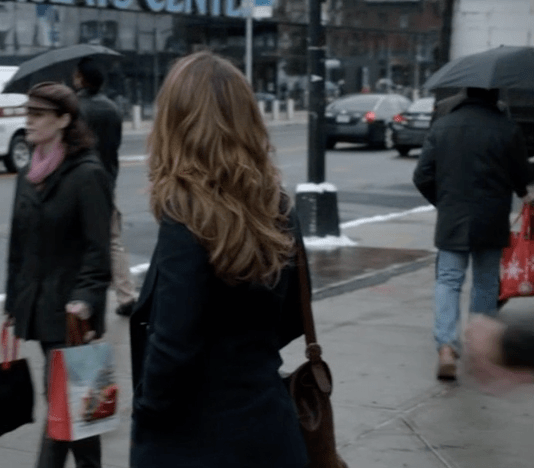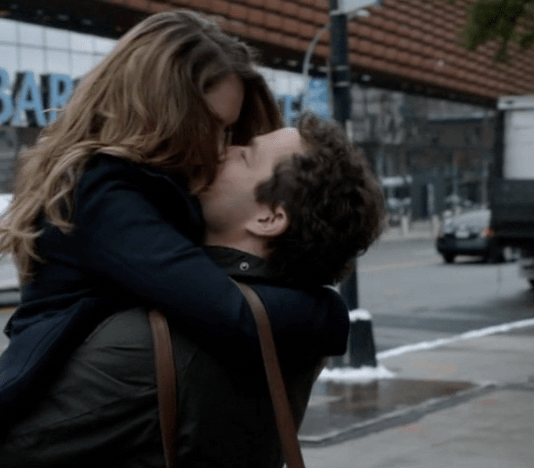#noah solloway
Text
If you love Noah&Alison (The Affair) and you want reblog or like,this is the link of my reblog couples :)
thank you!
#noah and alison#alison and noah#noah solloway#alison lockhart#ruth wilson#the affair#noah x alison#alison x noah#dominic west
0 notes
Text
I honestly can’t stand seeing Dominic West in anything since The Affair. Like I just have a visceral dislike, and now he’s playing Charles which really doesn’t help the case against him. He’s just permanently on a “it’s a no from me” list
#Dominic west#prince charles#the crown#the affair#Noah solloway#frankly everyone in the affair was AWFUL to watch I can’t even deal w that show#it should’ve been a miniseries
1 note
·
View note
Text
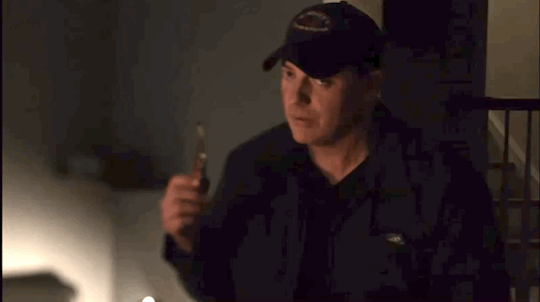
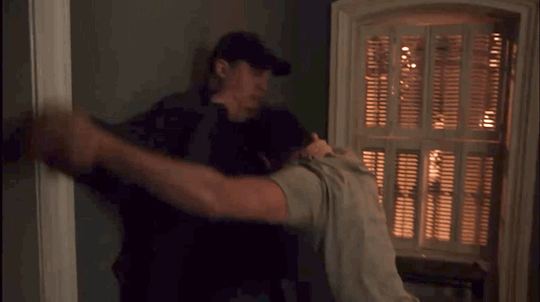
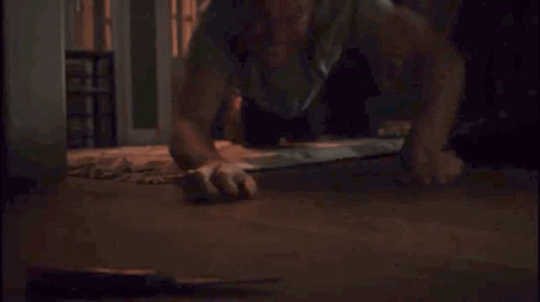
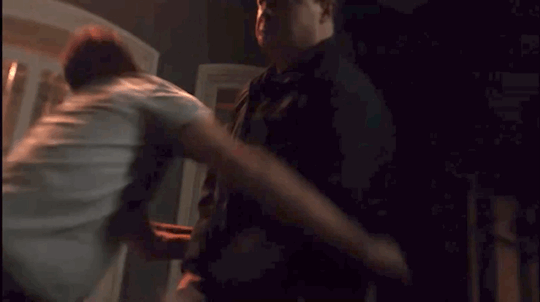
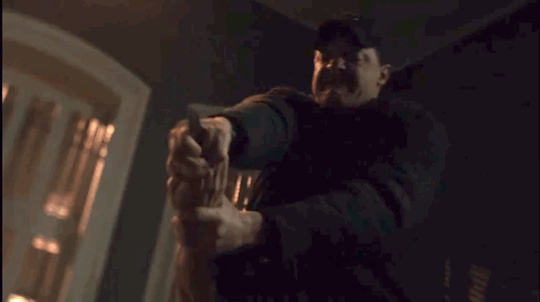
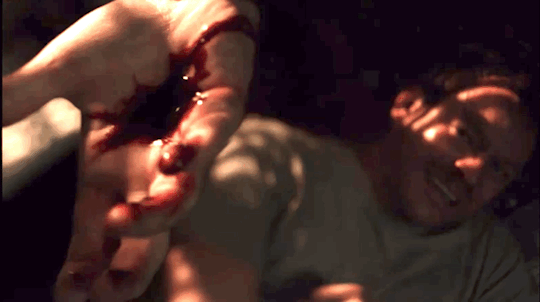
Brendan Fraser as John Gunther and Dominic West as Noah Solloway in The Affair 3x7
8 notes
·
View notes
Text
15 Best "The Affair" TV Series Quotes
“The Affair” is a drama television series that delves into the consequences of an extramarital affair. Set in the town of Montauk, New York, the show follows the intertwined lives of Noah Solloway, a married writer, and Alison Lockhart, a struggling waitress. Through shifting perspectives, the series explores the emotional and psychological impact of the affair on Noah, Alison, and their…
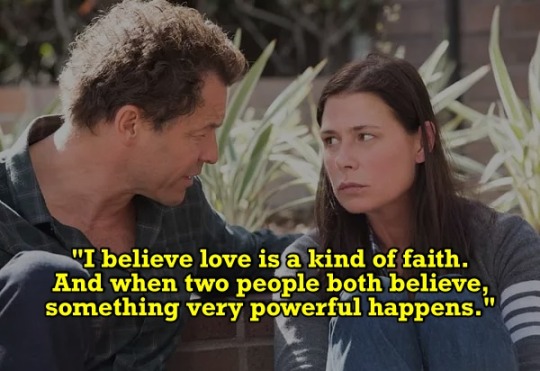
View On Buzz4Fun
1 note
·
View note
Photo
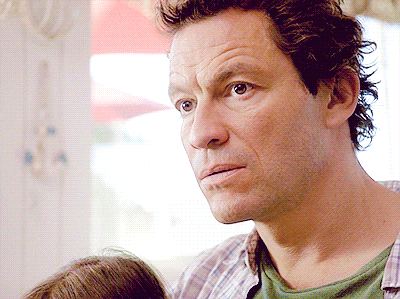
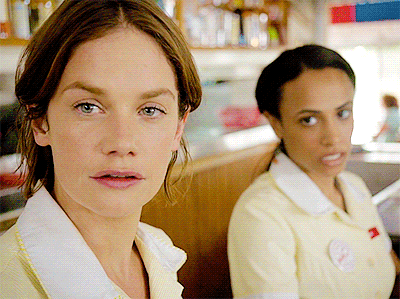
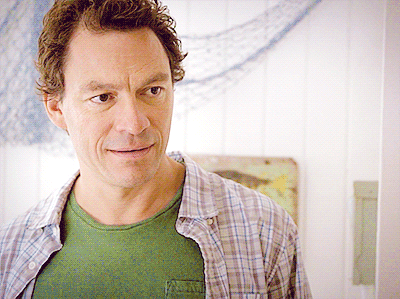
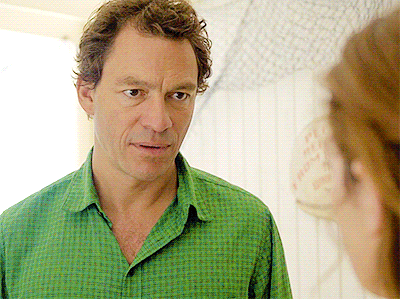
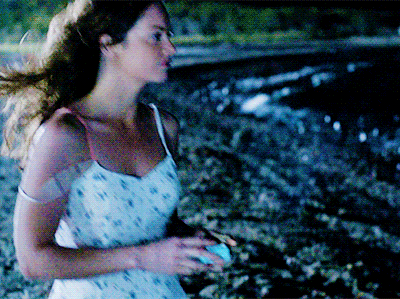
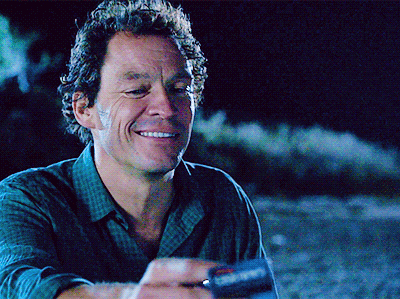
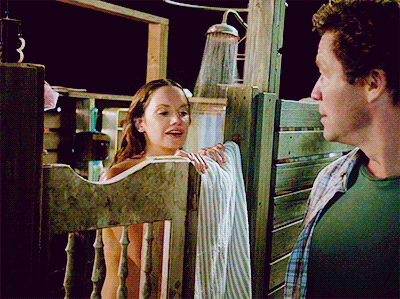
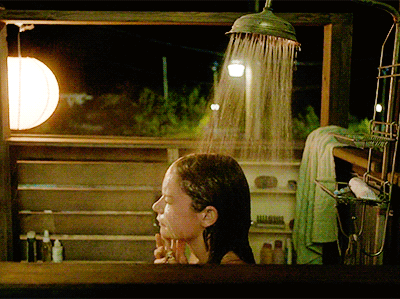
Do you remember the first time you saw her? // Do you remember seeing him for the first time?
Noah POV --------------------------------- Alison POV
“The Affair” 1x01
#the affair#theaffairedit#noah solloway#alison bailey#alison lockhart#ruth wilson#dominic west#tv show#gifs#gifset#ruthwilsonedit#lmillers#*wietesgifs#the affair 1x01
89 notes
·
View notes
Text
Defense Films Lists His Favorite TV Characters Of All Time
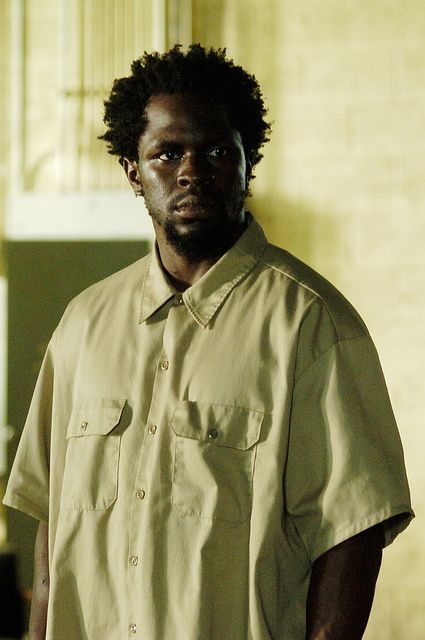
5. Chris Partlow- The Wire
The ending of The Wire paints Chris Partlow as something closer to a serial killer.
He wasn’t. None of his hits were done out of pleasure, curiosity or even impulse. Every one of those bodies helped the Stanfield organization become what they became, even the one on Michael’s stepdad.
What Chris represents is reliability and capability. The ultimate “get shit done” guy. Out of all the characters on the show, none were more dependable or crucial to the success of the institution they served.
Lester Freeman was capable but not a good politician and ultimately a nuisance to his superiors. Bill Rawls was incredibly capable at his job but he was power hungry and ambitious. In season 5, Gus Haynes is the most capable man in the news office but the problem was that Gus questioned authority and didn’t “go with the flow” when the office decided the paper needed a “refreshing” of how they cover the local news.
Chris didn’t have any of these handicaps impeding the people he served.
He recruits the foot soldiers for the Stanfield crew, even training them himself and Marlo had something akin to a small army at his disposal as a result. He organized his sub-ordinates, handled all surveillance when Marlo’s crew was under investigation at the start of season 5 and took care of incoming shipments after they established a direct line to the Greeks.
When the task required finesse or subtlety, like the time he stole Sergey’s picture from the court office, he was more than capable of that too. When Marlo is questioning how to address the murder of one of his dealers, he listens to Chris and chooses to retaliate on the perpetrator directly rather than targeting everyone on his corner.
Marlo truly comes to rely on Chris in matters concerning Omar Little. Every step of how Marlo wants to get back at the near mythical larcenist, is first passed by Chris. Chris takes this as his number one job throughout the show. Anything concerning Omar is handled with brutal efficiency, tact and an almost out ouf place sense of professional pride.
That’s Chris’ most endearing quality. Through all the blood, guts, scheming, lying, betrayal that comprises Baltimore’s underworld, all of which Chris is very much a part of, he has a pride in how he approaches the day to day business aspects of what he does.
Stringer Bell is arguably the best second-in-command in the show’s run but he was dishonest, ultimately harming the survival of the institution he served and damn near going rogue.
Chris doesn’t share such qualities as blind ambition or selfishness. He understands that trust is all he has in this game. When the indictments eventually come down and Chris is facing a life sentence he doesn’t complain or even raise the possibility of turning state witness. Instead he ends up on the yard along side Wee-Bay. Marlo in turn makes sure that Chris’ people are taken care of financially.
Many of the men that serve in the various institutions depicted in the show could learn a thing from Chris Partlow. When the time came, he fell on his sword and did so in full acknowledgement that this is where it all leads. There’s a kind of honor in that.
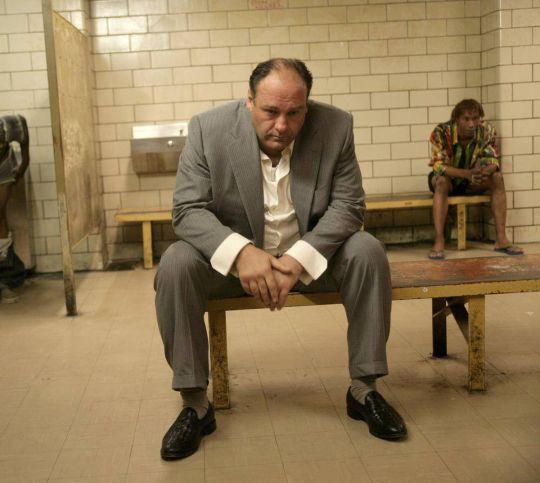
4. Tony Soprano- The Sopranos
One of the biggest misconceptions about The Sopranos was that it was a story about a gangster. It wasn’t, or at the very least, that would be an over-simplification of what the story actually contained.
What it was was a story about a man and his family, both biological and criminal. That’s the tie the binds all of the story’s narratives together.
Another way of looking at Tony’s story is one of leadership. Having ousted his Uncle Junior from the seat of power, season 2 and onwards, as far Tony’s criminal life is concerned, focuses on what happens once you get to the top.
While the show’s creators gave you plenty of grizzly, violent scenes, what leads to those is the story of a man struggling and failing at leadership.
In every season, Tony has to deal with a problematic figure, employee or subordinate.
Season 1 was his Uncle and the idea of old fashioned leadership. Then in season 2 it was the ever-acerbic Richie Aprile, representing a generation older than Tony’s, that still feels entitled to something. Seasons 3 and 4 gave us Ralph Cifaretto, the only one among the men I’m mentioning that actually earns his status and then in season 5, it was his cousin Tony Blundetto.
Each of these problems is uniquely stressful for Tony because of how they pull at the threads of both his family and criminal life. With the exception of his Uncle Junior, he kills all of them.
By that metric, Tony is in fact a very poor leader.
He doesn’t really deal with the Richie Aprile problem because his sister beats him to it. He doesn’t willingly promote Ralph Cifaretto even though Ralph earns it and is the only one among the candidates with any real intellect and business savvy. In both the cases of Christopher Moltisanti and cousin Tony Blundetto, Tony allows favoritism and nepotism to cloud his judgement and ironically both those men die at Tony Soprano’s hands.
This paints a picture of a tyrannical man, slowly devouring everything around him because he’s got to be in control. Worse yet, his need to be in control doesn’t actually lead to smarter long term decisions or better people management.
Tony’s relationship with Ralph in particular is built on professional envy. He feels entitled to Ralph’s race horse winnings because “why should his subordinate benefit more from anything than he does?”. He then proceeds to take ownership of the racehorse itself without assuming any of the costs of owning the animal. Then to top it off, he steals Ralph’s girlfriend purely because he has the status to do it, even digging in to Ralph’s personal life in order to justify doing so.
Textbook mismanagement. Every type of managerial violation you could imagine.
So how does Tony handle it when an employee is actually being a problem on a criminal/business level?
He rewards Tony Blundetto’s deception after the Joey Peeps killing by letting him run an already profitable gambling joint. He promotes Christopher to “made guy” even with his drug problems being well known, and he promotes Bobby Baccalieri, partly at his sister’s behest and partly out of spite.
It was fun to watch on screen but you’d hate to work for Tony Soprano.
How does that translate to his family? What kind of leader is Tony at home?
Season 3 does well at examining Tony as a father/paternal figure starting with his relationship with Jackie Jr, which is built on concern at first. Then later it starts to make Tony anxious. Before Tony decides to push nature towards taking it’s course, when Jackie runs afoul of men in Tony’s charge.
His relationship with AJ is also a bigger part of the show as the seasons go and it’s not much better in as far as the leadership or guidance that Tony offers. We can waffle on about AJ’s failings as a spoilt teenager but the real problem is that Tony doesn’t see himself in AJ.
That’s the first step to any failure of leadership. An inability to find common ground or identify with the people you’re leading.
We won’t go in to how hypocritical it is because the entire way that Tony entered the mob life is because he himself was a mob prince and his father’s status definitely paved the way for him.
Hypocrisy. That’s the other key to failure in leadership.
All these negatives added up to make the most fascinating television character in over 20 years. A constant stream of contradictions and watching a man say one thing but do another was it’s own experience and you didn’t realize what a horrible human being you were watching until you saw the show over and over again. A scary observation that implies people are either blind or really comfortable with evil and narcissistic behaviour.
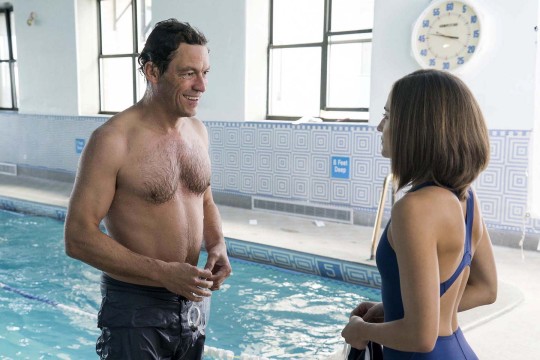
3. Noah Solloway- The Affair
Out of all the characters on this list, this one was hurt most by writers hitting a ceiling in how much they could say about the character or how much they wanted to say. Divorced men don’t really have that much representation, so if you’re writing a character that so strongly linked to that one particular event in his life, you may hit a ceiling if you don’t actually have real life examples to work with.
They had the right actor, the right story and it was the right time in human history to tell this story, it just felt like they didn’t follow through on really speaking on the plight or rise of guys in Noah’s situation.
Anytime I watched The Affair, and unlike most, I was pretty loyal to it despite what reviews told me, I identified with Noah. All those other characters didn’t make sense to me the way Noah did.
The story begins with my man being stuck in a rut, the kind of middle age funk married men tend to fall in to, so he drives out to visit some folks and while he’s there he happens to meet a baddie. Story of every man’s life. Only he does what you’re not supposed to do and sacrifices everything he has so he can be with the bad-bad.
Then my mans starts popping off with his book writing, gets a publishing deal and in his 40′s, he starts achieving his highest career peaks. See this is important because it shows that the writers understood the subject matter really well, as well as the demographic they were talking about.
Then the next season, they go in to some murder mystery plot, Noah ends up in jail somehow, almost as if the writers and producers didn’t feel confident that they could tell Noah’s story without the theatrics/murder mystery element.
The other danger that the writers probably didn’t want to indulge was rewarding the character with any kind of happy ending or positive outcome. Noah’s infidelity serves as the jumping off point to all of the story’s unfolding plots, mostly depicting the impact on the lives of his immediate family, a handful of which play out in sad dramatic fashion. So the writers likely felt like Noah couldn’t win at the end.
In the 1930′s when gangster films were first being made, they would commonly feature PSA messages at the start warning against criminal behaviour. 1931′s “Little Caesar” starring Edward G Robinson, features a warning at the end that makes it clear the film’s producers and writers needed the character to go down in flames at the end, to prove the moral point that “crime doesn’t pay”.
A writer’s moral obligation and the times in which they live can lead some to write the ending that makes a moral point rather than writing the most dramatic or honest ending. I think Noah Solloway kind of suffered from this.
I don’t know.
There was a chance to explore modern men in a way that most stories fail to. They had the foundation. They knew enough about who and what they’re talking about. However it didn’t manifest in the telling of the story.
I’m not saying Noah needed a positive ending, it’s just that the one we got was not the most fitting nor did it wind up ending the story honestly or even dramatically.
Noah Solloway should have got the Tony Soprano treatment in as far as how much the writers explored his inner world but instead the show’s creators decided it didn’t matter. They didn’t answer the question of why this happens to modern men.
If nothing else Noah Solloway can be a blueprint or foundation for those telling this story in the future.
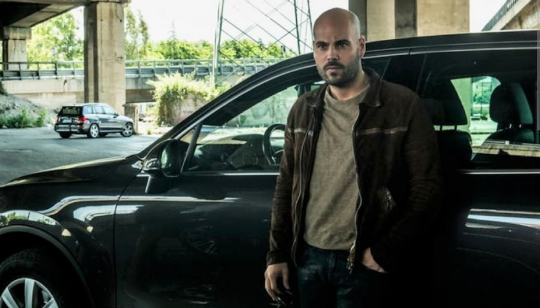
2. Ciro Di Marizio- Gomorrah
About as slimy and as low down as a television character can possibly be. Ciro represents Machiavellian criminality pushed to it’s extremes.
When writers plot a character’s trajectory, they often fill it with moments that make the character more endearing. Exploring the relationship the character may have with a child, friend or spouse that makes you see the character’s more genuine/compassionate/likeable side. The writers of Gomorrah did plenty of that with Ciro.
However, they didn’t hesitate to show you just how off-the-rails and downright evil Ciro could be.
What’s funny is that Ciro is defined by loyalty and servitude when the story begins. He is a capable captain and rises to 2nd in command when the Savastano family needs him to. However the death of his close friend and mentor changes him for the worse and he goes ham.
What follows is betrayal and Ciro basically masterminding a coup of the Savastano clan but the levels of paranoia that his new found power push him to, make him question whether it was all worth it. The world burns around him and a kind of justice is restored when Gennaro is able to take back power and restore the Savastano name.
That’s one aspect of the show that Ciro truly exemplifies in that he rises to the top but the throne never truly feels like it’s his.
He is Iago-like in his ability to understand the weaknesses of people around him. He proves himself more cunning, capable, strategic, murderous and even business-minded than almost every other character. Every character except for Pietro Savastano (the man he betrays) and Gennaro Savastano.
The show goes to great lengths to put forth the idea that crime families in Naples are on the same level as the pope. True modern day monarchies. Royal families that have the power to benefit or harm anyone around them. People bow their heads to them when they walk in public and use reverential terms when addressing them. They will often have salons, jewelers or restaurants cleared out so they can enjoy the establishment in ostentatious privacy.
When you look at it like that, Ciro was always an outsider. The difference between just sitting on the throne and being born of the throne.
In that way maybe Ciro’s story is about redemption.
He eventually sides with Gennaro Savastano again, helping him get his wife and daughter back after they’re kidnapped. He does this by essentially lying to/duping a crew of young dealers from Florence to fund this hostage rescue and then he offers himself as a sacrifice when the Florentines demand blood.
At his best Ciro served the clan and went to great lengths to restore what he had destroyed.
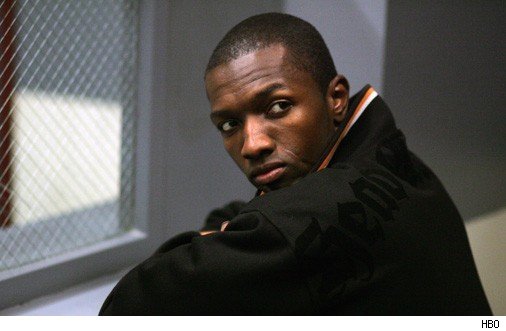
1. Marlo Stanfield- The Wire
Is there any greater?
Sure there are characters like Tony Soprano whose world and whose inner thoughts the audience gets more familiar and intimate with. Within the same shared universe as Marlo is a character like Stringer Bell and the writers of the Wire go to great lengths to understand and convey his moral conflict as a drug kingpin turned wannabe real estate tycoon.
Marlo is something purer though.
You don’t need to know his inner-most thoughts like Tony because his utmost desire is simple, he wants to be the top kingpin of Baltimore. What more do you want?
He does not share Stringer’s moral complexity because unlike Stringer he is not conflicted at all. He’s not a drug dealer playing businessman, he’s just a drug dealer and that’s all he ever wanted to be.
From the start of season 3, it was fascinating watching this man move about on the screen with a confidence reserved for the richest and most talented. Indeed Marlo proves he has both in bundles.
He outwits the older drug kingpin in Stringer Bell by maintaining independence from the Co-Op. He matches Avon Barksdale’s war effort step-for-step after Avon comes home from prison. He outsmarts the wily, Proposition Joe in order to learn how to launder his money and then get access to the Greeks.
It was fascinating watching Marlo avoid pitfalls, monopolize Baltimore, out-think his older counterparts and grow his empire to the scope that he did.
There’s a youtube video that compiled all of Marlo’s scenes from his 3 seasons on The Wire and it pretty much plays like a feature film. Watch it here if you dig Marlo as much as I do.
You’re not watching a drug dealer become a kingpin, or at the very least that’s what I believe. It has more to do with watching the younger generation upset the order, and in a lot of ways that’s what Marlo represents. From the moment Marlo shows up, all old agreements are null and void. He does this over and over again throughout his story. Constantly upsetting the order and establishing his own.
Indeed Marlo isn’t aware that this is what he’s doing. He’s acting on ambition, arrogance and naivety.
It speaks volumes that most of the characters on this list have on-screen relationships that explore their personalities, like the aforementioned Ciro’s relationship with his daughter. Marlo has none of that.
Marlo’s most revealing relationship is his rivalry with Omar Little, a man he only ever encounters once. The continuation of their feud happens because Marlo refuses to let any perceived slight towards him slide. One way of looking at what this shows is that Marlo is both egoist and perfectionist, the latter of which is actually very prized personality traits in today’s business environment. The combination of the two is actually commonly seen among CEO’s and top executives.
Marlo shows every weakness and drawback of youth while exposing the follies of the more seasoned and experienced in his field. A walking contradiction in that way.
#tv show#hbo#the wire#the sopranos#the affair#gomorrah#chris partlow#tony soprano#noah solloway#ciro di marizio#marlo stanfield
52 notes
·
View notes
Photo
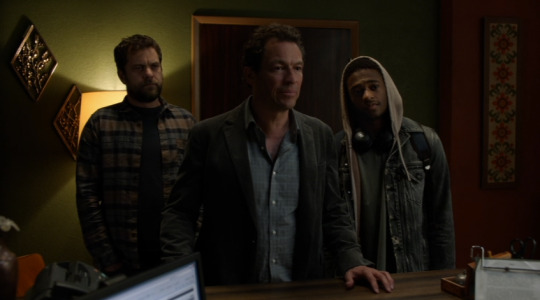
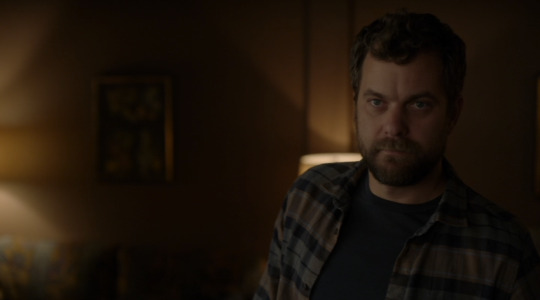
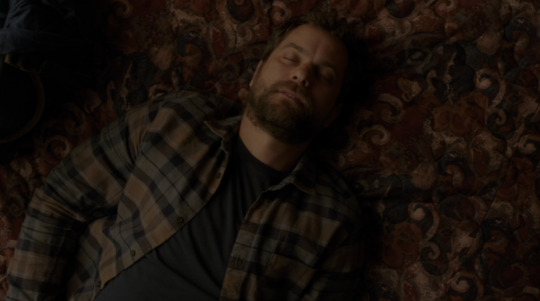
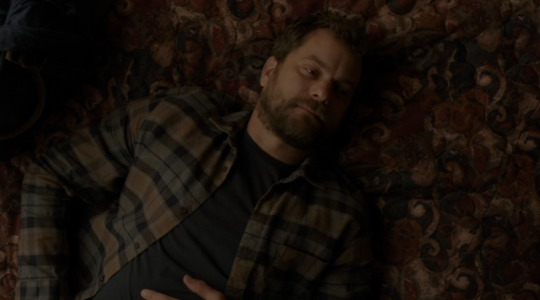
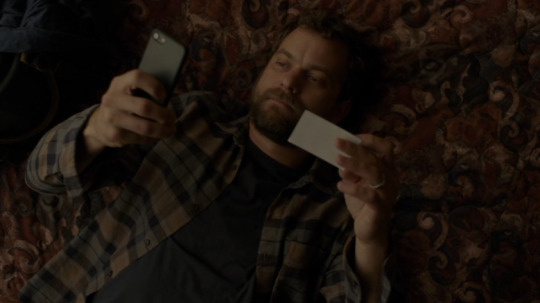
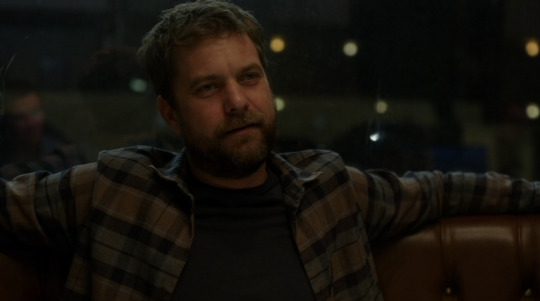
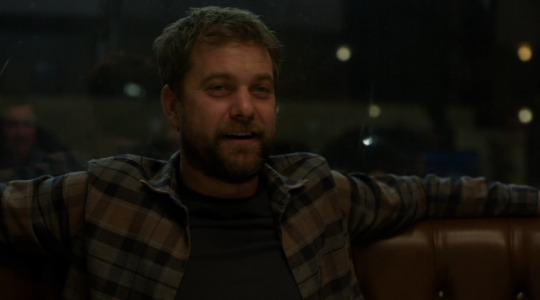
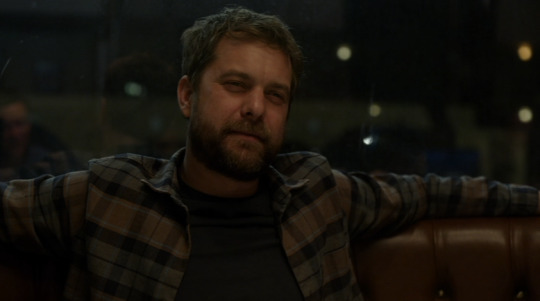
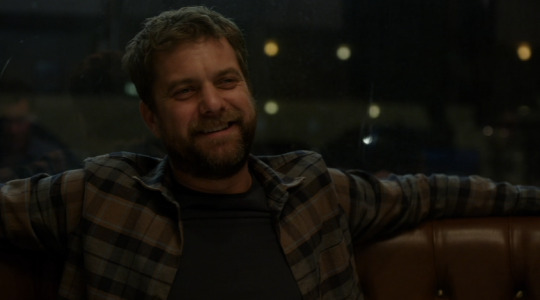
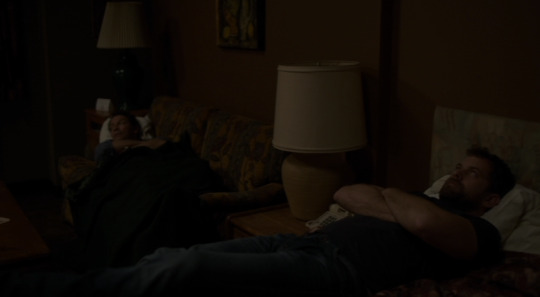
Cole Lockhart Screencaps Part 73/?
Season 4 Episode 8
#joshua jackson#cole lockhart#the affair#the affair screencaps#screencaps#tv series#showtime#noah solloway#dominic west#anton gatewood#christopher meyer
7 notes
·
View notes
Photo

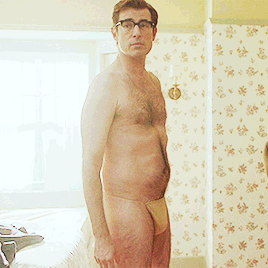
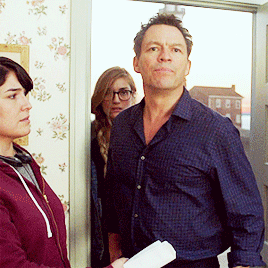
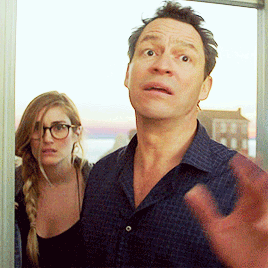
Noah: Your accent, in that last scene…
Sasha: Yeah?
Noah: …just sounded a little British.
Sasha: No, it didn’t.
Noah: It did.
Sasha: Well, it DIDN’T. Get out. Get the f*ck out.
- The Affair, 5x03
#claes bang#sasha mann#the affair#theaffairedit#noah solloway#dominic west#oh my god#sorry not sorry#i am consumed with lust#nekkid furry chest#nekkid furry thighs#i just want to do things to him#*mewling noises*#i can't#send help#asdflkjhfdfsghklskjsjjss#my stuff
115 notes
·
View notes
Photo
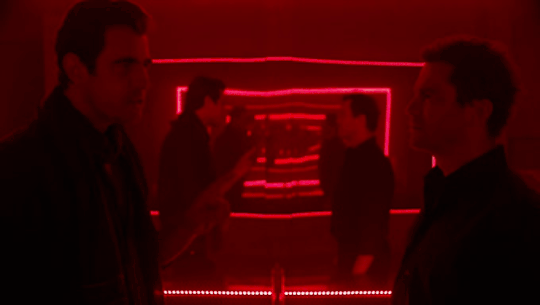
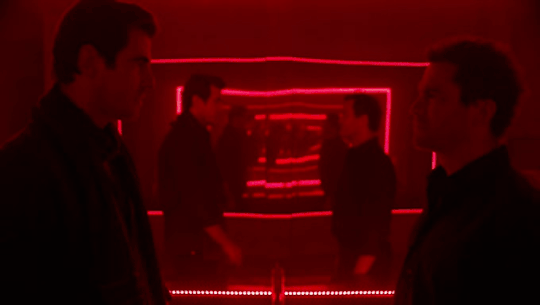
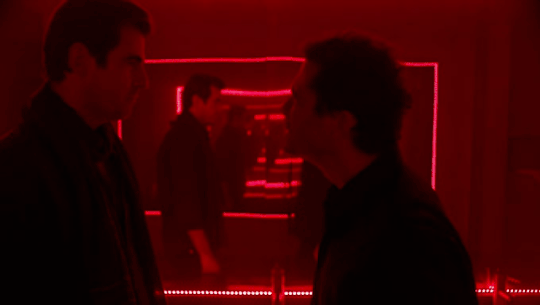
sasha mann intimidating noah solloway with his height
174 notes
·
View notes
Photo
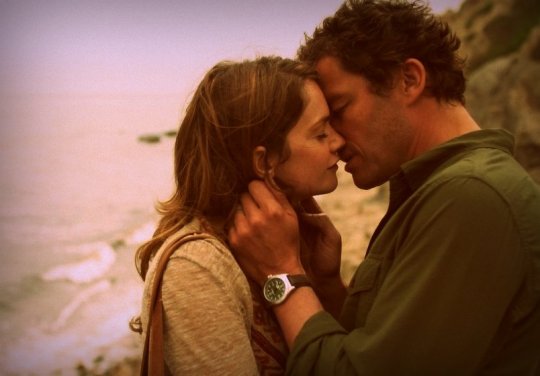
4 notes
·
View notes
Text
Was anyone else dissapointed in The Affair season finale?
What was that?
Helen's character development was torn apart so Noah can dance on the top of a cliff?
What?
Like a train wreck I knew where these scenes were going (since they decided to do a 180 on episode 10, out of no where) and I just could not believe it.
Everybody cheats, but hey, life's short, so you might as well forgive, forget and back to square one, because if this was the 60's that would be the way to go. Oh, and by the way, sexual harassment is just a matter of perspective.
Helen was great but apparently she had to be sacrificed so Noah can be all sappy husband mourning on the grave of his beloved.
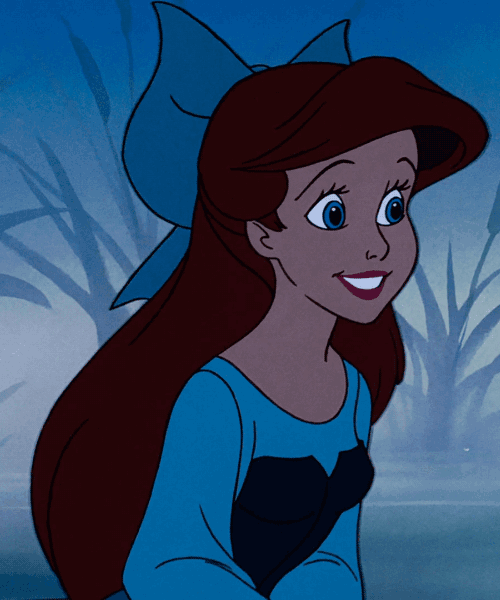
#the affair#helen butler#helen solloway#noah solloway#season 5#series finale#the affair season 5#spoilers#the affair spoilers#1night watches
2 notes
·
View notes
Photo
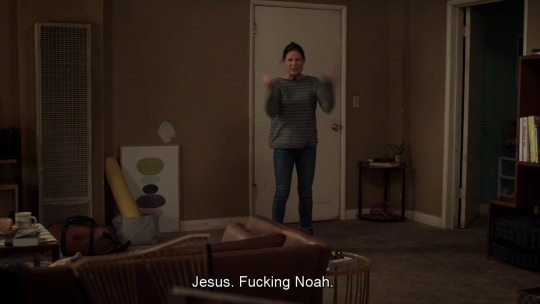
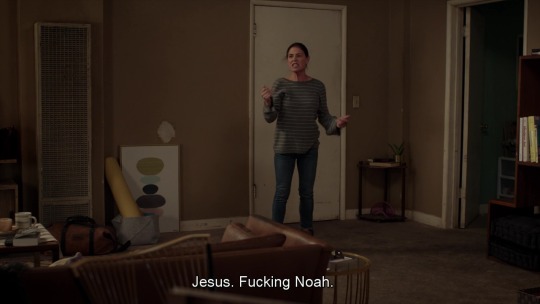
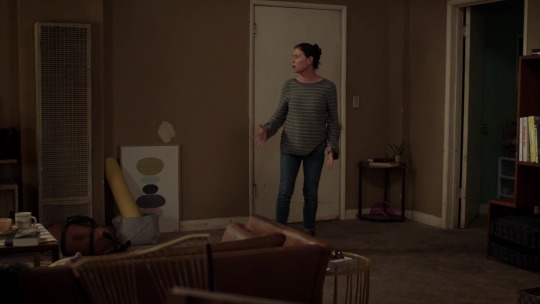
38 notes
·
View notes
Text
What I don’t get about the Affair’s ending is: Why would they write Sasha in such a smart way only to destroy him in the end again? So Helen would go back to Noah, who’s the biggest sack of shit ever? Even if he’s sorry now, he’s mostly sorry for himself. He fucked up so many times also feels totally entitled to decide what’s best for Helen and whom she’s allowed to date. He judges Sasha for being an asshole, even though he himself is the biggest douche, he is a predator who even stalks his daughter’s girlfriends in the pool. And he is only sorry for her witnessing it, not for have gotten caught. Also Helen is written in such a cool way and then she acts so OOC only bc the writers wanted her to go back to Noah, the selfabsorbed control freak who doesn’t have his dick under control. Sasha made ONE mistake while Noah fucked up for years. So Helen feels like she has to leave Sasha, even though he told her he loved her in exchange for a husband who behaves like a fucking child????? Sorry, I didn’t buy the ending. Sasha wasn’t perfect, but def the better man. And it fucked up Helen’s character for good. At least in my opinion. It’s just so ANTIfeminist, in the end Helen goes back to a man who utterly destroyed her life and treated her like property. GREAT :( I mean what does it say about man-woman relationships in general? Your man can fuck up a thousand times, but it doesn’t matter. No matter how bad your husband/boyfriend/ex treats you, he’s still the best? It’s fucking ridiculous.
13 notes
·
View notes
Text
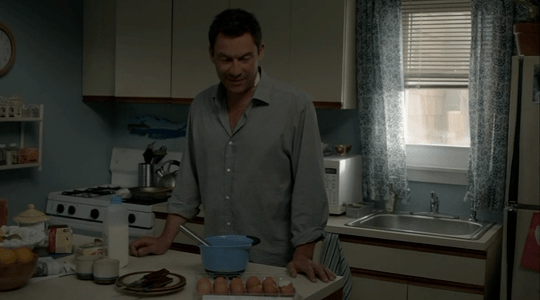
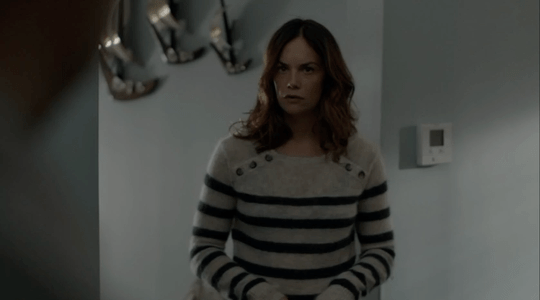
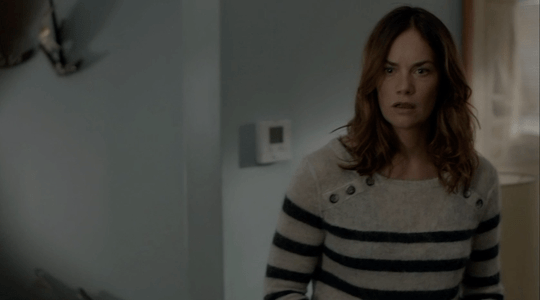
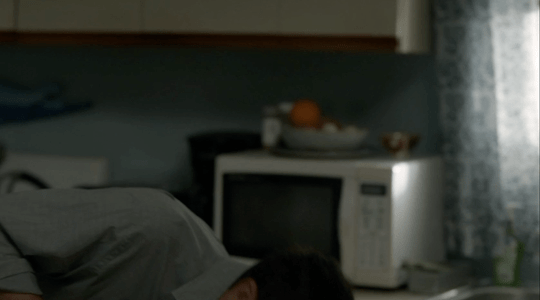
Why don't we go to Block Island for the day?
What?
Well, you can't be seen with me here, so let's go somewhere else.
No. What... are you insane?
That's the million-dollar question.
#the answer is yes btw#the affair#alison bailey#noah solloway#ruth wilson#dominic west#s03e05#BLOCK ISLAND BABY#otp: we used each other
23 notes
·
View notes
Photo
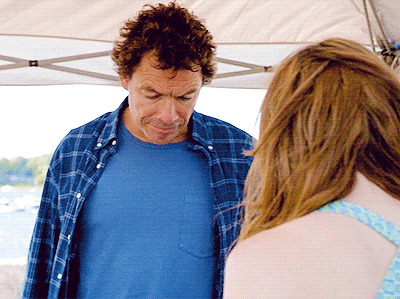
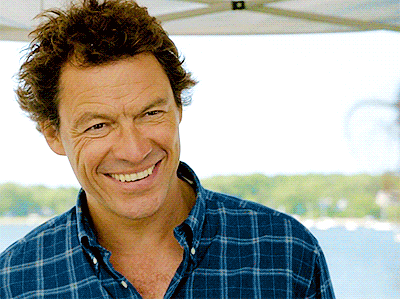
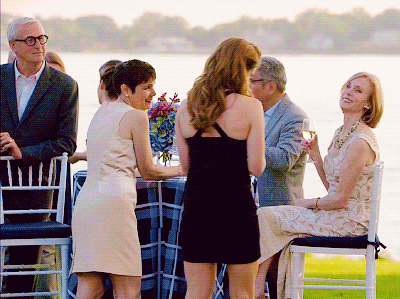
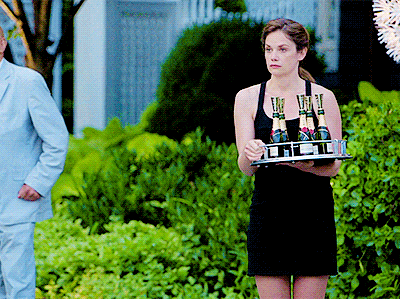
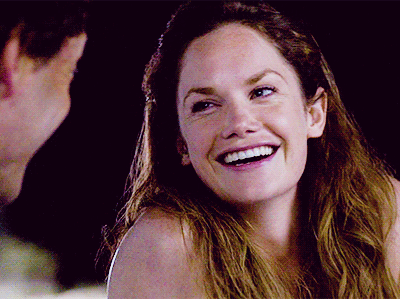
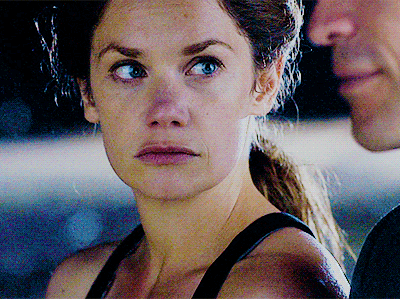
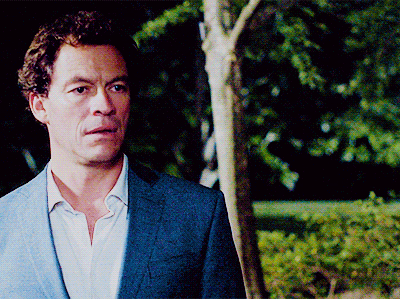
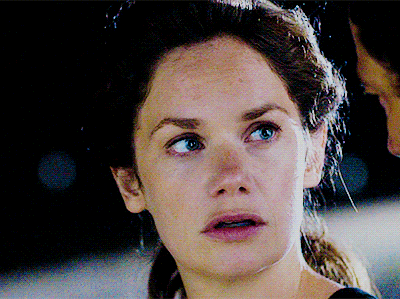
Marriage means different things to different people.
Noah POV --------------------------------- Alison POV
“The Affair” 1x02
#the affair#theaffairedit#alison bailey#alison lockhart#noah solloway#dominic west#ruth wilson#ruthwilsonedit#tv show#gif set#gif#lmillers#*wietesgifs#the affair 1x02#parallels
64 notes
·
View notes
